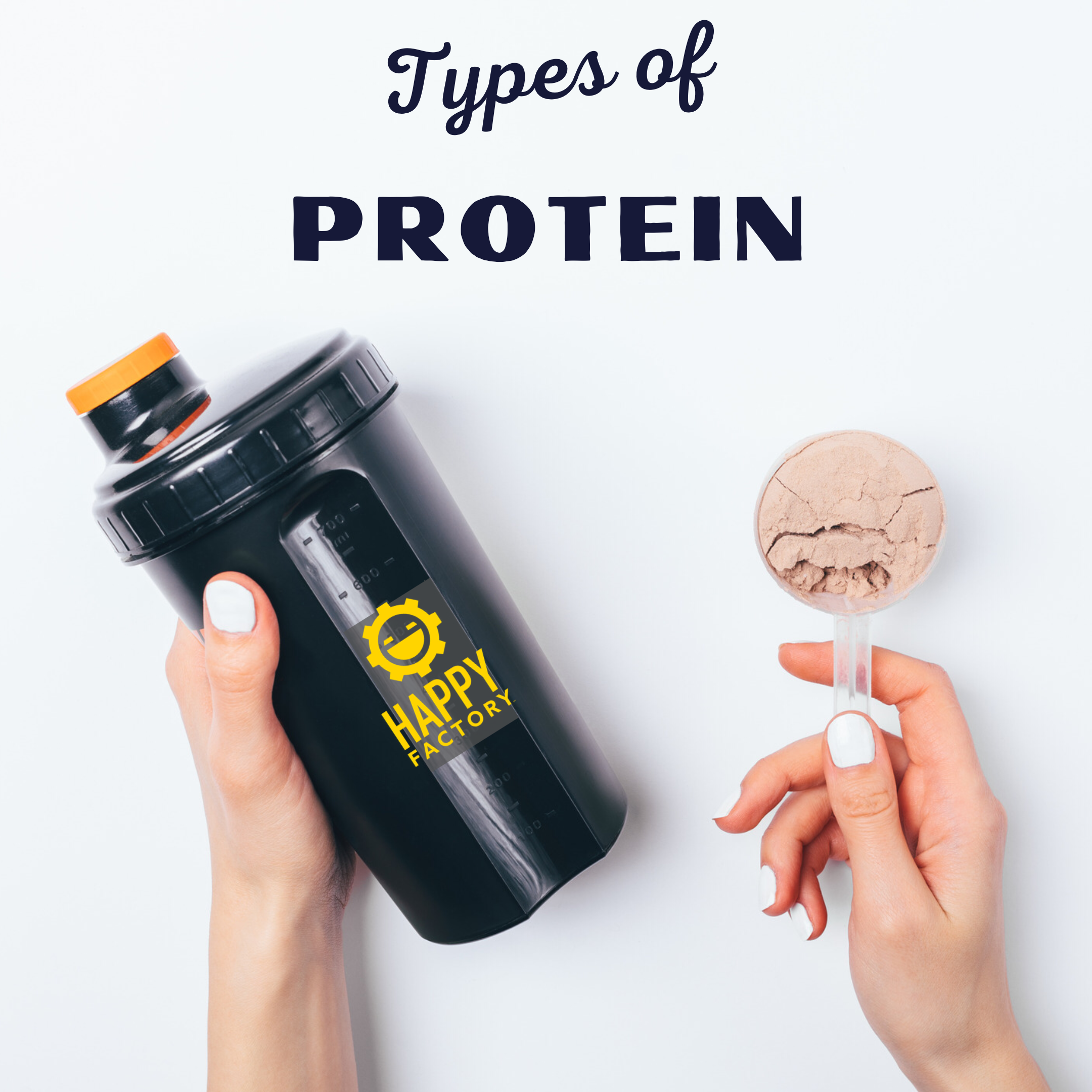If you’re new to the whole gym thing or have been working out for some time, protein powder is something you hear about often. As fitness coaches’ we get questions like what type of protein powder should I take? Should I take protein powder? What is protein powder?
Luckily for you, we’re going to break down those Harry Potter sounding words you find on the labels of popular protein powders and how you can use them to your advantage.
What is protein?
Think of protein as a building block to help you gain, maintain, and repair muscles. Proteins, either from whole foods or supplements, are broken down into amino acids to repair micro-tears in your muscles from working out and aiding them in being bigger and stronger. There are about nine essential amino acids that we should look for in our protein to be considered a “complete protein” to aid in important functions in our bodies. Whole food sources that contain all essential amino acids include seafood, poultry, eggs, dairy products, soy, quinoa, and buckwheat.
Unlike fats and carbohydrates, your body does not keep a source of protein to burn for fuel, therefore you need to get them from your diet. Proteins are not just about gaining and repairing muscles, they are important for every cell in our bodies, like the production of enzymes, hormones, bones, cartilage, and skin.
What is protein powder?
Protein powders are concentrated protein from two main sources: animals or plants. Animal-based proteins are whey, casein, milk, and egg protein. Plant proteins include soy, hemp, pea, brown rice, or a combination of these. When picking a protein, it is important to consider your allergies and digestibility, how quickly your body can absorb the protein.
There are three forms of protein powders: concentrated, which contain more carbohydrates and fat, isolate, a purer form of protein and fewer carbohydrates and fat, and hydrolysate or hydrolyzed protein, broken down protein that allows your body to absorb it faster.
Animal-Based Protein
Milk proteins mirror milk’s protein composition, 80% casein protein and 20% whey protein. Whey protein is a complete protein (contains all essential amino acids) and is digested quickly and easily. It is also a popular choice among athletes and bodybuilders for muscle building yet is also effective for those who are trying to lose weight as well. This protein powder comes in all three forms, concentrated, isolate, and hydrolyzed.
Casein protein is also a complete protein and is anti-catabolic, meaning it reduces muscle breakdown because it takes your body longer to digest the protein. This protein has two main forms: micellar, the most common form and slower to digest, and hydrolysate. This protein has been found to reduce the total amount of protein burned for fuel over a period of time, which makes it popular to take before bed. Natural food sources for whey and casein protein can be found in milk, natural yogurt, and cheese, especially cottage cheese.
Egg protein powder is a high-quality source of protein, easily digestible, and contains no fat. This protein can lower your appetite, but since this protein is not made with the yolk, which is high in fat, that full feeling may not last long.
Plant-Based Protein
Soy protein powder is a top alternative option to animal-based proteins because it is the only vegetable that is a complete protein. It contains no cholesterol and has low levels of saturated fat. This protein can be found as an isolate, which contains 90-95% of protein and is easily digestible.
Hemp protein is ranked a little under soy due to its bioavailability, the level of digestibility, and is a complete protein. It contains high levels of omega 3 fatty acids, but low levels of lysine and leucine, which are amino acids essential for muscle protein production.
Pea protein is not a complete protein but is a good source of arginine, a good source of protein synthesis. It is usually from yellow split pea, which is high in fiber and is easily digestible, but not as high a level as soy.
Brown rice protein is on the same bioavailability level as hemp and pea but is ranked lower in muscle building compared to other proteins like whey.
Should I take protein powder?
The answer depends on how much protein you are already taking in. If you are intaking a good amount of protein from whole foods, it is not recommended to take supplements.
If your goal is to build muscle or lose weight, it is important to intake the right amount of protein. Gaining muscle means you need more protein to gain, maintain, and repair. Protein taken to lose weight allows you to intake fewer calories while feeling full.
Whether you choose plant-based, animal-based, or like the combination of both, picking a protein powder to add to your diet is all dependent on your tastes and sensitivities.
But all can be consumed in various ways! You can add your powder to a shake with fruit and vegetables or even add it to your pancake mix and enjoy some protein pancakes!

